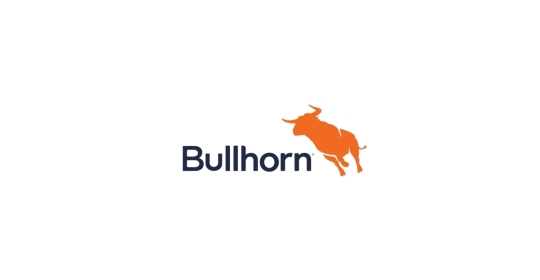Ninety percent of UK recruiters expect to meet or exceed revenue goals this year regardless of continued economic uncertainty, according to Bullhorn’s 2017 UK Recruitment Trends Report.
However, the report, which is based on a survey of more than 400 recruitment professionals, also reveals that almost a third (31 percent) have a lack of confidence in the industry outlook after the Brexit vote. Additionally, 28 percent anticipate negative business implications from government policies, while more than half (53 percent) expect a negative impact on their businesses if greater restrictions are placed on the movement of labour.
Despite this, the report indicates another strong year of growth for the industry. Beyond the 90 percent that expect to meet or exceed their revenue goals this year, nearly a quarter (25 percent) of recruitment companies expect to grow their revenue by more than 25 percent. Accordingly, increasing profitability was rated by respondents as the most important goal for the year (65 percent), followed by improving management of client and candidate relationships (42 percent) in second place, and driving top-line revenue growth (41 percent) in third.
Peter Linas, International Managing Director at Bullhorn, comments: “UK recruitment companies need to be commended for their positive approach to business growth and profitability. Identifying opportunities in the market is half the job; maximising their potential requires stronger, long-term relationships.”
Three-quarters of respondents also expect hiring needs to increase this year. However, only 37 percent expect growth in temporary placements, which suggests that permanent recruitment will drive most of the industry’s growth.
But while hiring needs are expected to increase, the biggest challenge expected by recruiters this year, and possibly far into the future, is a shortage of qualified talent. More than 70 percent of all respondents ranked it as the top challenge, closely followed by economic uncertainty (67 percent) and pricing pressures (58 percent).
The report also highlighted the ever-increasing use of recruitment technology to drive operational efficiency, source talent, and improve margins. For example, more than three-quarters of recruiters (78 percent) of respondents use a CRM system to track candidate activity and 68 percent use one to manage sales.
“Adopting the right technology,” adds Linas, “can help recruiters take full advantage of one of their best sources of qualified talent and keep their clients fulfilled at a time when uncertainty threatens to compromise revenue targets.”
A superior client and candidate experience is front of mind for most recruitment companies. Ninety-four percent of respondents claim they provide good or excellent service to their clients and 86 percent say they deliver a quality candidate experience. Nevertheless, only some recruiters track their client and candidate satisfaction levels, while others admit that they don’t track them at all.
“Despite ongoing talent shortages,” concludes Linas, “recruitment companies remain bullish and proactive in their approach to business growth – and very much on course to achieve their ambitious goals.”
For more information on the current UK recruitment landscape, outlook on future performance, essential metrics to track, and industry best practices, download the 2017 UK Recruitment Trends Report: Above and Beyond Business as Usual








